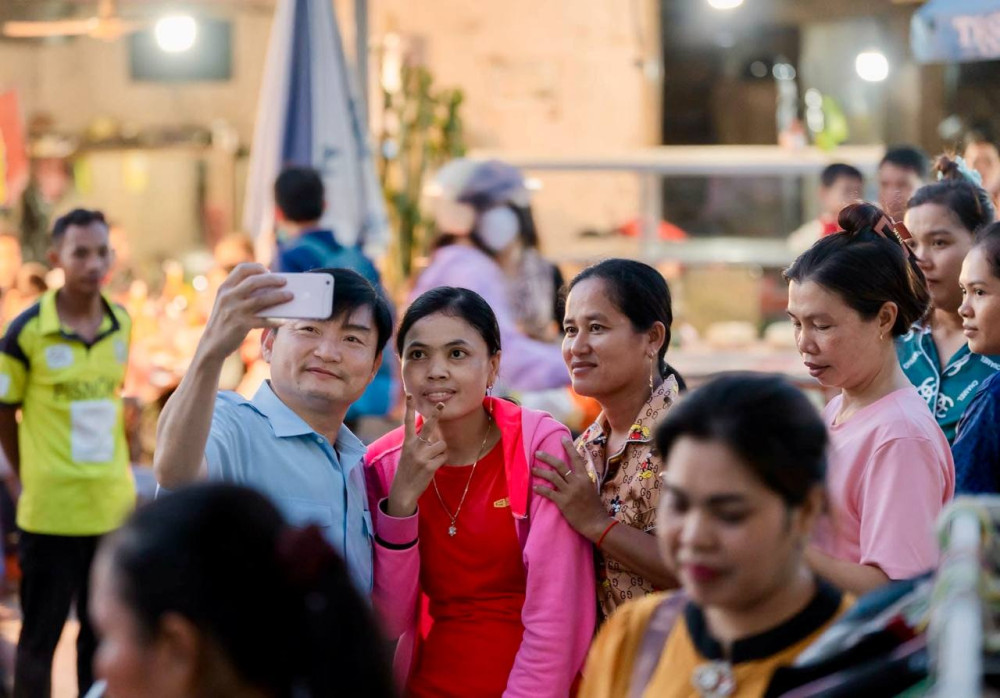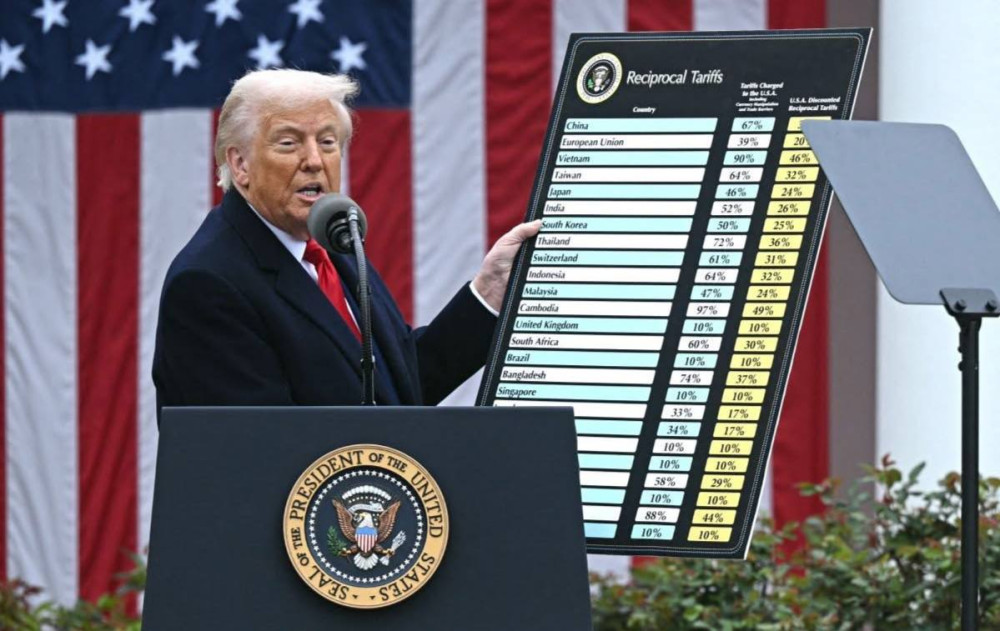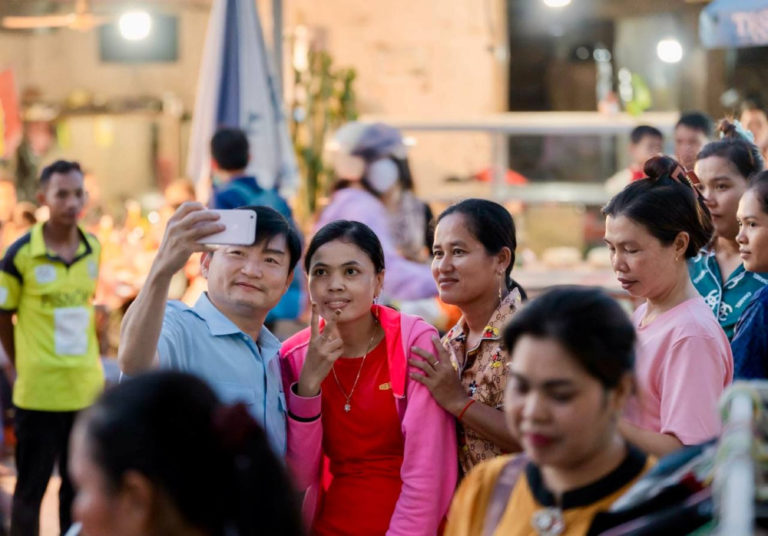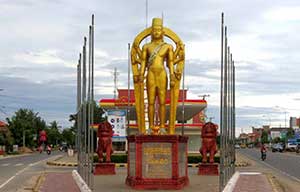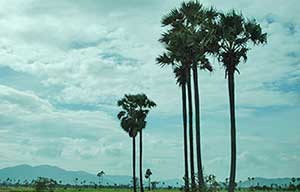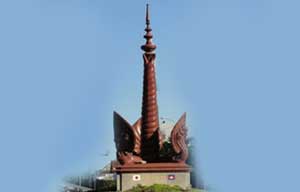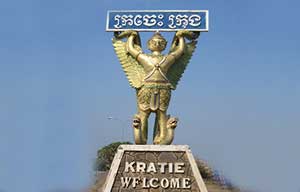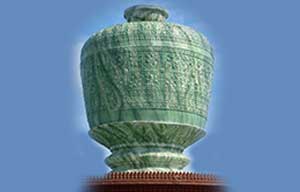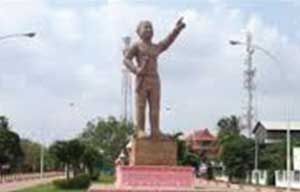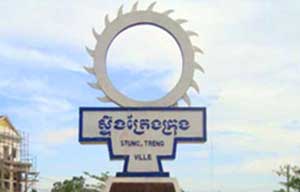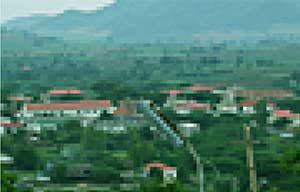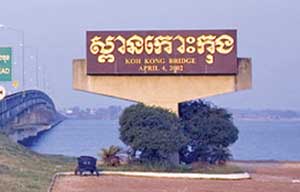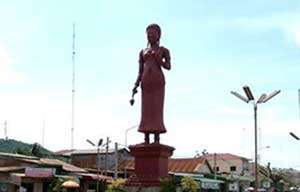Minister of Labor and Vocational Training H.E. Heng Sour has explained that the recent 49 percent U.S. reciprocal tariff on Cambodia will not immediately affect the country’s exports, and the Royal Government will take necessary measures to mitigate its trade fallouts in the longer run.
H.E. Minister made the explanation on April 3, highlighting that the implications of the reciprocal tariff are manageable for Cambodia and that the tariff is applied to many U.S. trading partners with different percentages depending on the level of its claimed trade deficit with each of the countries.
Particularly, the tariff will not impact Cambodia’s garment manufacturing in 2025 because the orders for the manufactured goods from the U.S. were made before the announcement of the tariff, he said.
He continued that some orders were already made for 2026 and 2027, and any cancellation of the orders will result in penalties.
Over the past five years, Cambodia exported more to the European market than to the U.S., and the government will further expand the market in the former.
Meanwhile, he added, Cambodia will continue to work with the U.S. to improve bilateral trade and investment cooperation, and although Cambodia was granted the Generalised System of Preferences (GSP) programme by the U.S., Cambodia has paid some tariffs.
On April 2 (U.S. time), U.S. President Donald Trump announced his reciprocal tariffs on the country’s trade partners, and a 49 percent tariff was imposed on goods imported from Cambodia.
